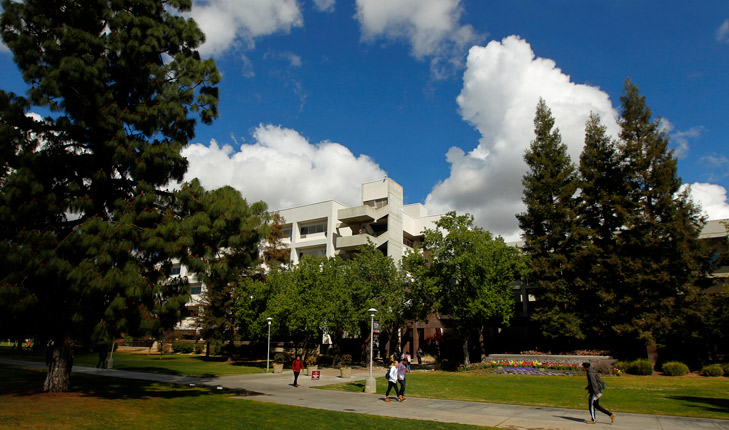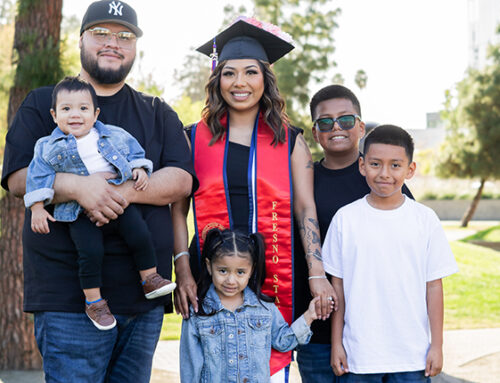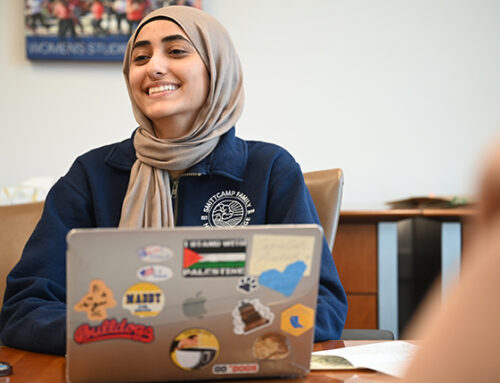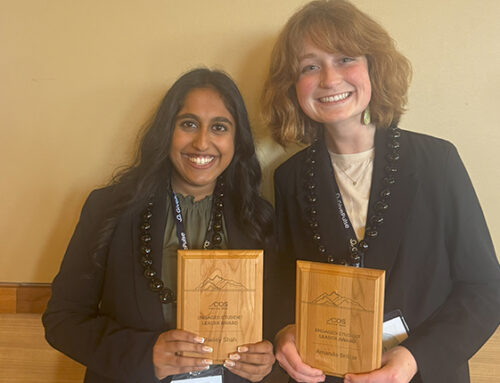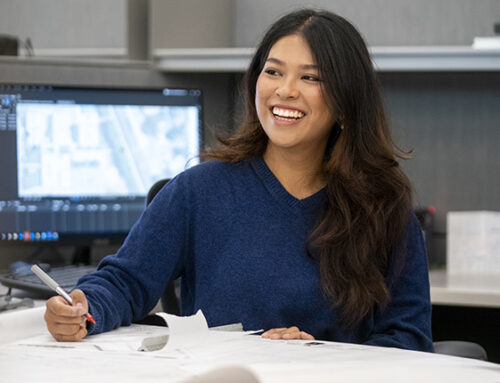Linguistics has always been known for its traditional uses in learning, preserving and understanding languages, but it is also a driving force for areas like technology.
As companies seek to have faster, better responses in their artificial intelligence (AI) products and customer service, linguists become critical in analyzing and understanding people’s particular speeches and words. With thousands of unique languages in the world, linguistics provides stronger understanding and solutions for things like speech recognition, speech synthesis, automatic translation and machine understanding.
Focusing on languages like Mandarin, Japanese, Spanish, Arabic, Hidatsa, Armenian and more, presenters from across the nation and around the world will coalesce at Fresno State for the international Western Conference on Linguistics. The three-day conference, hosted by the Department of Linguistics at Fresno State, will be from Nov.15 to 17 at the University Business Center in the Peters Business building.
Plenary talks will be from 9 to 10 a.m. each day in the Peters Business building (Room 191) and will include Dr. Arto Anttila from Stanford University on Nov. 15; Will Lewis from Microsoft on Nov. 16; and Dr. Geoff Gamble, a Fresno State alumnus who served as president of Montana State University from 2000-09, on Nov. 17.

Dr. Arto Anttila
Anttila will talk about sentence prosody — the patterns of stress and intonation in a language —and discuss preliminary findings from his study of sentence prosody in the inaugural addresses of six U.S. presidents. This study is joint work with Timothy Dozat, Daniel Galbraith and Naomi Shapiro. He will also present evidence for the linguistic reality for the Nuclear Stress Rule and for the view that information coincides with stress peaks in good prose.

Will Lewis
Lewis will discuss automated speech recognition and machine translation. He will speak on improvements and challenges in speech translation and how TrueText, a process his team uses to produce fluent transcripts from disfluent input, have been producing better results. He will explore technologies in these areas, how they are used in the Microsoft Translator infrastructure and review the pilots they’re currently conducting with universities and school partners. He will also do a live demo during his talk that can be broadcast to audience members’ own devices in languages of their choice.
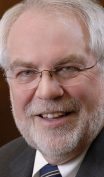
Dr. Geoff Gamble
Gamble will discuss his ongoing project, a web-based dictionary that documents the Wikchamni language as spoken by several sisters in south central California. The Wikchamni Dictionary incorporates considerable textual material and ethnographic descriptions of how the Wikchamni people used the natural environment that surrounded them to live full, rich lives. With over 50 years of teaching linguistics and studying the language, Gamble will also reflect on his academic genealogy and how that has shaped his approach in putting the dictionary together.
Refereed talks follow the plenary speakers each day and will be 20 minutes and 10 minutes for discussion. Topics on theoretical and descriptive linguistics have a wide and varied range, from a corpus investigation on English tag questions, a cross-linguistic perspective on negative purpose clauses, to a study on how humor is gendered among Tagalog university students.
(Story by Jer Xiong, student assistant in the College of Arts and Humanities)

